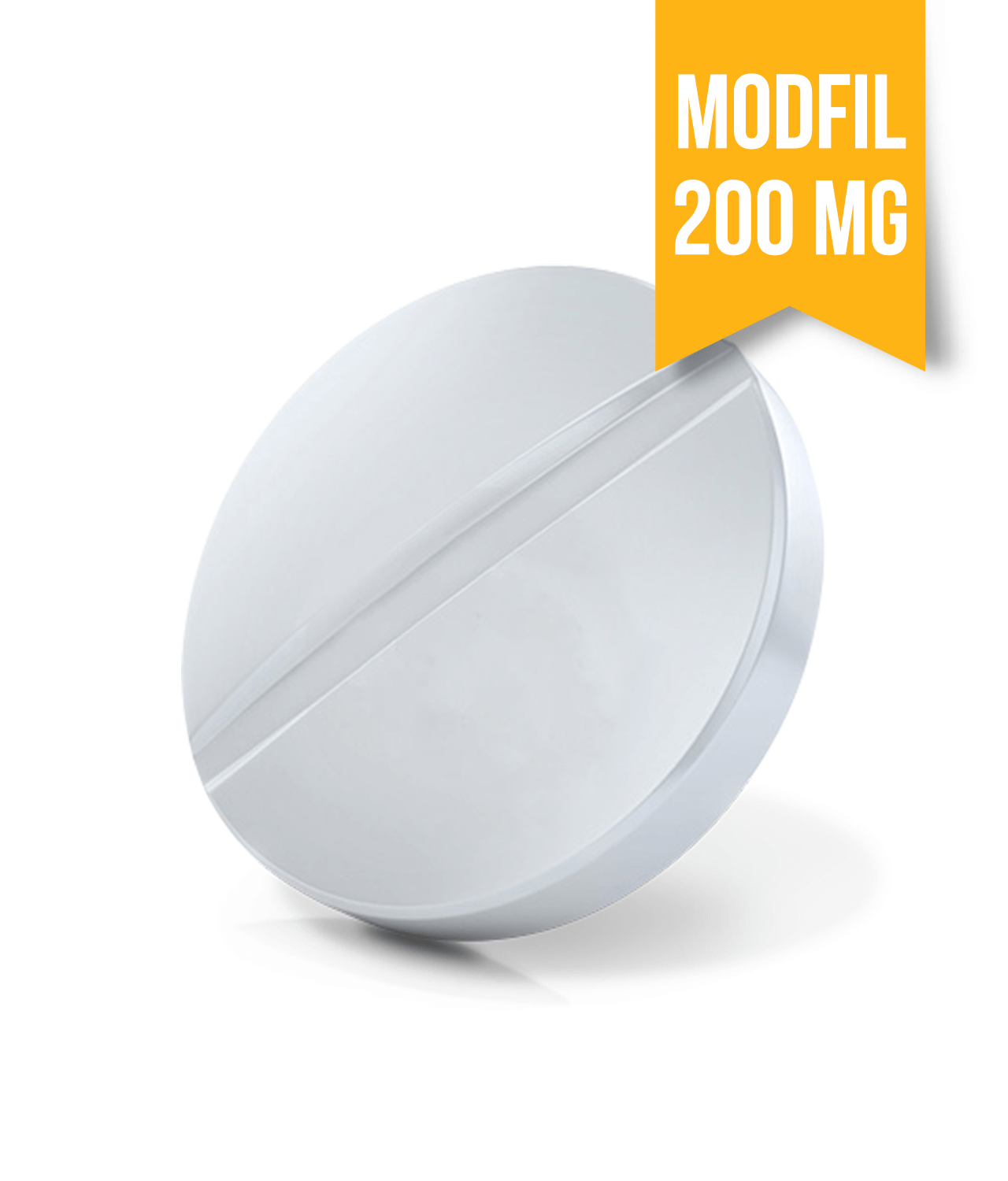connorlevesque
About connorlevesque
Case Research on Provigil: Efficacy, Security, And Clinical Functions

Introduction
Provigil, identified generically as modafinil, is a wakefulness-selling agent authorised by the U.S. Meals and Drug Administration (FDA) for the treatment of narcolepsy, obstructive sleep apnea, and shift work sleep disorder. Since its approval in 1998, it has gained reputation not only amongst patients with sleep disorders but in addition amongst wholesome individuals looking for cognitive enhancement. This case examine explores the efficacy, security, and clinical purposes of Provigil, inspecting each its therapeutic benefits and potential risks.
Mechanism of Motion
Modafinil’s precise mechanism of action shouldn’t be totally understood, but it is believed to involve the modulation of neurotransmitters within the mind, notably dopamine, norepinephrine, and orexin. If you loved this article and you would like to be given more info with regards to best website to buy modafinil online; buymodaonline.net, i implore you to visit our web-site. Not like traditional stimulants, similar to amphetamines, which might result in significant unintended effects and potential for abuse, modafinil has a singular profile that promotes wakefulness with out the identical stage of euphoria or dependence.
Clinical Efficacy
Numerous research have demonstrated the efficacy of Provigil in treating excessive daytime sleepiness related to narcolepsy and obstructive sleep apnea. A randomized, double-blind, placebo-managed trial involving 268 patients with narcolepsy confirmed that those receiving modafinil experienced significant improvements in subjective sleepiness as measured by the Epworth Sleepiness Scale (ESS) in comparison with the placebo group. Similar findings have been reported in patients with obstructive sleep apnea, where modafinil was proven to reinforce wakefulness and enhance overall quality of life.
In addition to its permitted indications, modafinil has been investigated for off-label use in situations such as consideration deficit hyperactivity disorder (ADHD), depression, and cognitive impairment related to multiple sclerosis and other neurological disorders. A meta-evaluation of studies inspecting modafinil for ADHD discovered that it may enhance attention and reduce impulsivity, though more analysis is needed to ascertain its long-time period safety and efficacy in this population.
Security Profile
Whereas modafinil is generally effectively-tolerated, it is not without potential side effects. Widespread antagonistic effects embrace headache, nausea, anxiety, and insomnia. Critical but rare unintended effects embody pores and skin rashes, which may point out a severe allergic response often called Stevens-Johnson syndrome, and cardiovascular occasions in patients with pre-current heart conditions. Due to those risks, it is essential for healthcare suppliers to conduct thorough assessments before prescribing modafinil, notably in patients with a historical past of cardiovascular disease or hypersensitivity reactions.
Abuse Potential and Ethical Considerations
One of the debated facets of Provigil is its potential for abuse, significantly among wholesome individuals in search of cognitive enhancement. In contrast to traditional stimulants, modafinil is categorized as a Schedule IV managed substance in the United States, indicating a lower potential for abuse compared to substances like amphetamines. Nevertheless, anecdotal experiences and a few research counsel that modafinil might enhance cognitive efficiency, particularly in duties requiring sustained attention and executive perform.
The ethical implications of using modafinil for cognitive enhancement are significant. While some argue that its use can lead to improved productiveness and academic performance, others elevate issues about fairness, the strain to reinforce cognitive talents, and the potential long-term effects of using such substances in healthy individuals. The debate continues as more research is performed on the cognitive effects of modafinil and its implications for society.
Case Instance
For example the clinical utility of Provigil, consider the case of a 32-yr-outdated male software engineer, John, who presented with extreme daytime sleepiness and problem concentrating at work. John reported that he often felt fatigued despite getting an satisfactory amount of sleep each night. After a thorough analysis, including sleep studies that ruled out obstructive sleep apnea, John was diagnosed with idiopathic hypersomnia.
After discussing treatment choices, John was began on modafinil. Within every week, he reported important improvements in his vitality ranges and means to concentrate on duties at work. He noted that he was able to complete tasks extra efficiently and felt more engaged during meetings. Over the course of three months, John continued to tolerate the treatment well, experiencing solely mild headaches as a side effect.
However, John additionally expressed concerns about the long-time period implications of using modafinil, particularly regarding dependency and the potential for cognitive enhancement. After an open discussion with his healthcare supplier, they agreed on a plan to periodically reassess the necessity of the medicine and explore non-pharmacological interventions, reminiscent of cognitive behavioral therapy and life-style modifications.
Conclusion
Provigil (modafinil) represents a big advancement in the therapy of sleep disorders and has shown promise in off-label applications for cognitive enhancement. Its unique mechanism of motion and favorable security profile make it a worthwhile possibility for patients affected by extreme daytime sleepiness. Nevertheless, the potential for abuse and the ethical concerns surrounding its use in wholesome people necessitate cautious consideration by healthcare providers and patients alike.
As research continues to evolve, it will be essential to balance the advantages of modafinil with its dangers, making certain that it’s used appropriately and responsibly. The case of John illustrates the importance of individualized remedy plans and the need for ongoing monitoring in patients receiving modafinil, emphasizing the function of healthcare suppliers in navigating the complexities of this medication.

No listing found.